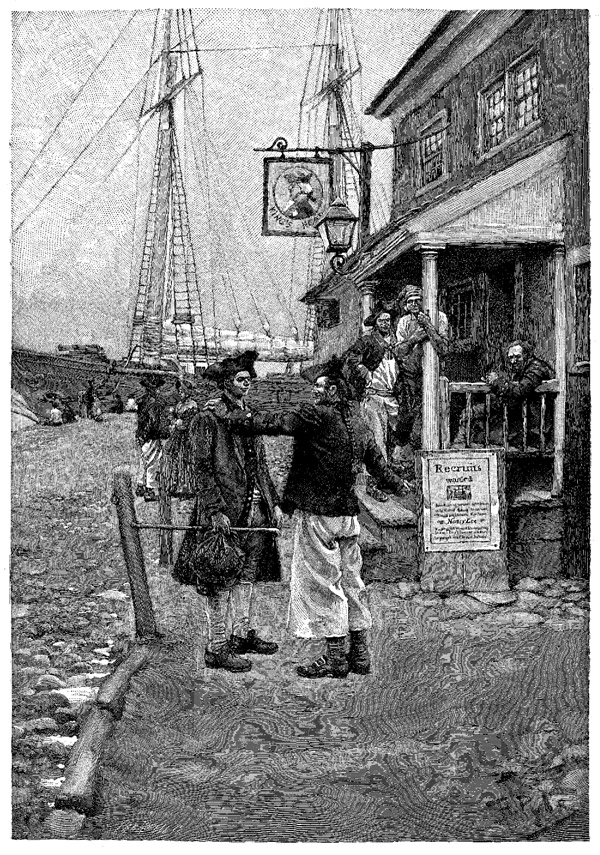
Do you date men or women or both?
Both.
Is dating men and women different?
Normally with women you have to play all kinds of little games. You have to make vegetarian sushi even if you’re not a vegetarian. And we all have to be sensitive. It’s a long project. Whereas with men, it’s much easier to seduce them. Just yesterday I wrote a really naughty email to a spiritual master. And I met him in a course, I was listening to his talk but I didn’t stay for the ritual afterward because I knew I would stay to impress him, to try to have sex with him at some point. And I’m like, I don’t want to do that. So I just sent him a really straight email, asking him, “Do you want to meet for a sex date?” And he didn’t answer yet. But I felt really naughty and inappropriate, approaching this spiritual person in this way — he’s like a tantra-shaman-person. I felt like I don’t want to play any games — I want to have sex. But I don’t want to take his course; I don’t want to take his workshop; I don’t want to book him for a private session; I don’t want to say I’m interested in his work. I want to say, “You’re hot and I want to have sex with you.” And that’s what I wrote to him. And he can say yes or he can say no. —“Talking To Strangers,” Nerve
If your dog needs virtual doggie reality, you shouldn’t own a dog;
forgive the unforgivable review of the unforgiven, unforgivably long movie about forgiving, and other frigging things;
spread those teeth, stick figure!
In the early 19th century, Jane Austen, who did not use the phrase ‘point of view’, or read an anthology called Points of View, nonetheless began writing novels whose sophisticated and innovative use of limited narration is founded on a firm grasp of the fact that ‘everything said is said by [i.e. from the limited perspective of] an observer’: an insight described by McGurl as the ‘foundational constructivist claim [of] contemporary systems theory’, and the cornerstone of ‘the paradoxes of narrative “point of view” in the Jamesian tradition’. Although James’s prefaces do describe, in possibly unrivalled detail, a writer’s struggle to find the right narrative perspective for a given story, writers had been conscious of this struggle for a long time. It was with great difficulty that Dostoevsky abandoned an early draft of Crime and Punishment, written in the first person from Raskolnikov’s perspective, and decided to shift to third-person narration by a ‘sort of invisible and omniscient being, who doesn’t leave his hero for a moment’.” —“Get A Real Degree,” Elif Batuman, London Review of Books
Bob Dylan as the culture war’s peacemaker;
we’re all trash now;
we’re all poor now;
even football players, who shouldn’t be, in a perfect world
Clinton’s willful conflation of insurgency and drug trafficking arises from one of two possible sources—ignorance or malicious misinformation. An insurgency seeks to take over territory to bring about a profound change in the structure of society and, usually, take over the government. Drug traffickers, despite Calderón’s statements to the contrary, do not launch offensives against the state to replace the government. They’re all about protecting and expanding their very lucrative business. In part, the seemingly purposeful misunderstanding of this distinction is at the root of the failed drug war policy. —“Plan Colombia for Mexico,” Laura Carlsen, Counterpunch


